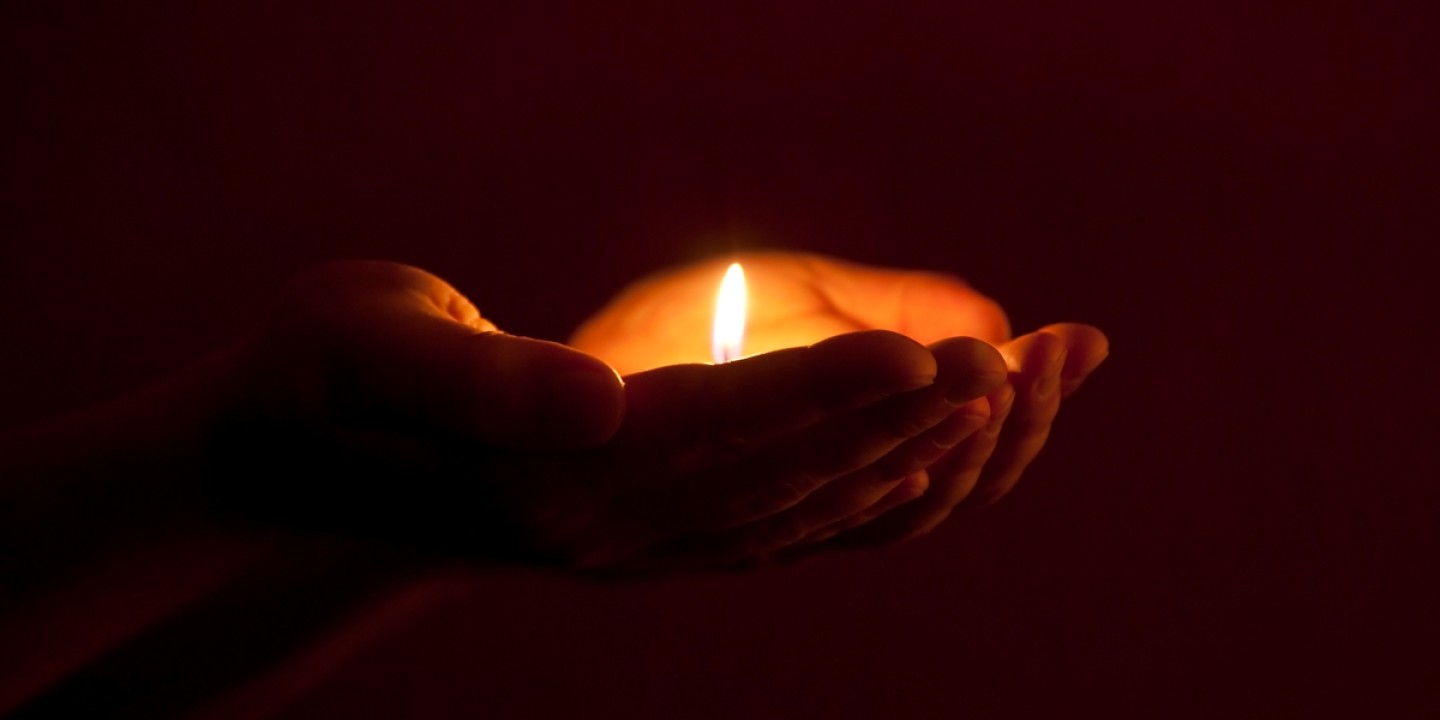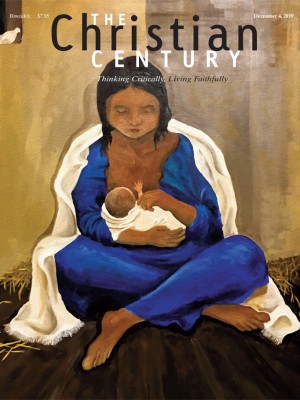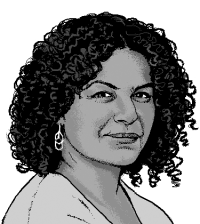When hope gives up on magical results
Since my son’s accident, everything I understand about hope has changed.

Two years ago, my now 17-year-old son had a biking accident on his way home from school. He remembers an overcrowded bike lane. He remembers plowing into a boy in front of him who stopped suddenly. And he remembers waking up on the ground—he doesn’t know how much later—with a cracked helmet, a few scrapes, and a vicious headache.
That headache hasn’t gone away since. For two years my son has been out of school, unable to participate in the extracurricular activities he loves, and unable to remain upright and out of bed for longer than four or five hours at a stretch. He spends most of his time in his darkened bedroom with ice packs on his forehead. He faints and feels nauseous a lot, and at this point, it’s not clear when or how he’ll complete his education. We’ve seen several physicians and tried many medications and alternative therapies. But the headaches persist.
Read our latest issue or browse back issues.
In the first days, weeks, and months after the accident, I prayed with a kind of desperate hope for immediate and complete healing. I prayed for wisdom for my son’s pediatrician and neurologist. I prayed for the acupuncturist’s hands as that healer administered the needles. I prayed for every MRI, CT scan, and physical exam my son received. I prayed over every dose of every medicine he swallowed. The hope fueling these prayers was focused, frantic, and frenzied. It was a hope based entirely on results, on causes and effects, on miracles and magic.
Along the way, I theorized, theologized, and spiritualized. Maybe God is using this pain to teach us something. Maybe God is preparing my son for something great. Maybe I should have so-and-so pray about the headaches; they seem to have a direct line to God. Maybe God’s timing is different from ours, and we’re just supposed to be patient.
Two years in, everything I understand about hope has changed. Of course I still pray for my son’s headaches to go away. But the hope fueling the prayer is softer now, quieter. It’s an unclenched hope, one set free from expectation, clamoring, and frenzy. It’s a hope grounded in things not seen, in tiny seeds planted in dark soil; in small gestures of love, courage, friendship, and solidarity; in streams that flow in the desert; in the quiet resurrections that keep my son and our family going.
When I read biblical stories of hope, the ones that resonate are no longer the stories of epic victories and grand celebrations. Those are lovely, but they don’t speak to where I live as the mother of a son in chronic pain. Instead I take hope in the story of Sarah, 99 years old and pregnant, laughing her head off because she thought for sure she was too old and wise and jaded to ever again be surprised by God. I take hope in the story of Hagar, a slave woman dying of thirst in the desert, who even in her abandonment becomes the first person in the Bible to name God. I take hope in the story of Hannah, who cries so hard and so earnestly in the presence of God that people take her for a disrespectful drunk. I take hope in the story of Mary, the mother of Jesus, who ponders hard mysteries deep in her heart. I take hope in the persistent widow who pounds down the door of a corrupt judge day after day after day, insisting on justice until she drives the man nuts. I take hope in the story of Mary Magdalene, who refuses to budge even when evil, tragedy, death, and despair seem to have won the day.
What these stories suggest to me is that hope isn’t about magical results—it’s about the long haul and the long darkness. Hope is robust and muscular and ferocious and long-suffering. Hope never gets so cynical that it can’t be surprised. Hope finds and names God in the world’s most desolate places. Hope kneels on hard ground and yearns without shame. Hope ponders and meditates and ruminates. Hope gets in apathy’s face and says, “No. Not good enough. Try again.” Hope sits in the darkness—outwaiting torture, humiliation, crucifixion, and death—until finally a would-be gardener shows up at dawn and calls us by name.
These days I hope not because things are even close to being OK but because the God of the small and the mundane and the inexplicable is my son’s companion in his pain. I’m learning, slowly and cautiously, to live with the mystery of the already-and-not-yet kingdom of God. Yes, this kingdom has already come, and its in-breaking during Jesus’ time on earth was marked by all kinds of signs and wonders. And yet, no; those signs and wonders are not my daily reality. So the great sorrow and the great calling is to live graciously and compassionately in this vast and often terrible in-between. To offer the comfort of my steady presence to my son. To ask others to hope on his behalf when I cannot. To pray into the mystery of his ongoing pain, into what feels like a pointless void, into what looks and feels like a dark, desolate grave.
After all, what else is hope? Isn’t it precisely the mystery that strains toward what I don’t yet have? Isn’t it all about the unseen, the unknown, the unreached? If I already had what I longed for, I wouldn’t need to hope. As it is, hope is my tether, my footing, my solace. It’s a bridge, wider and sturdier that I imagined it would be, that connects me still to the God who loves my son.
A version of this article appears in the print edition under the title “Hope sits in darkness.”






